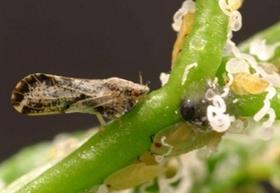
A leading Spanish fresh produce association has accused the Spanish government and the European Commission of “being complacent” over the threat posed by Citrus Greening and Citrus Black Spot.
Valencia-based AVA-Asaja claimed that the citrus diseases, two of the deadliest that the sector faces on a global scale, could become established in the Spanish region’s citrus industry unless the authorities become more vigilant.
The organisation made the claim following the release of data by the European Union, which showed that 94 citrus shipments to Europe were rejected last year due to phytosanitary concerns. Some 71 of these consignments had reportedly been contaminated by Citrus Black Spot.
In the case of Citrus Greening, AVA-Asaja claimed that a plan of action had still not been put in place in Spain, despite the presence of the disease in the US and the detection of the insect that causes Greening in the Canary Islands.
“For a number of years, we have been saying that we are playing with fire,” said AVA-Asaja president Cristóbal Aguado in a statement.
“In January (2008), scientists from the European Food Safety Authority (EFSA) told us the truth and confirmed that the threat is real, that the controls are not working and that Black Spot could become easily acclimatised to our region.”
The threat posed by Black Spot and Greening, he added, could cause of disappearance of Valencia’s citrus industry in “only a few short years”.



